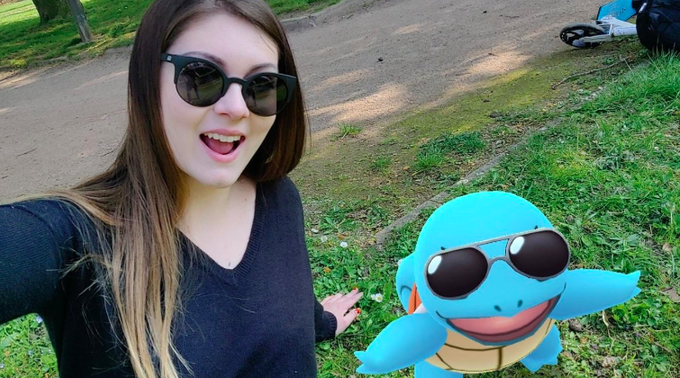The privacy policy — unlocking the door to your profile information, geodata, camera, and in some cases emails — is so disturbing that it has set off alarms even in the tech world.
This Intercept article covers some of the specific privacy policy concerns Barron hints at here. The discussion of one of the core patents underlying the game, which is described as a “System and Method for Transporting Virtual Objects in a Parallel Reality Game" is particularly interesting. Essentially, this system generates revenue for the company (in this case Niantic and Google) through the gamified collection of data on the real world - that selfie you took with squirtle is starting to feel a little bit less innocent in retrospect...